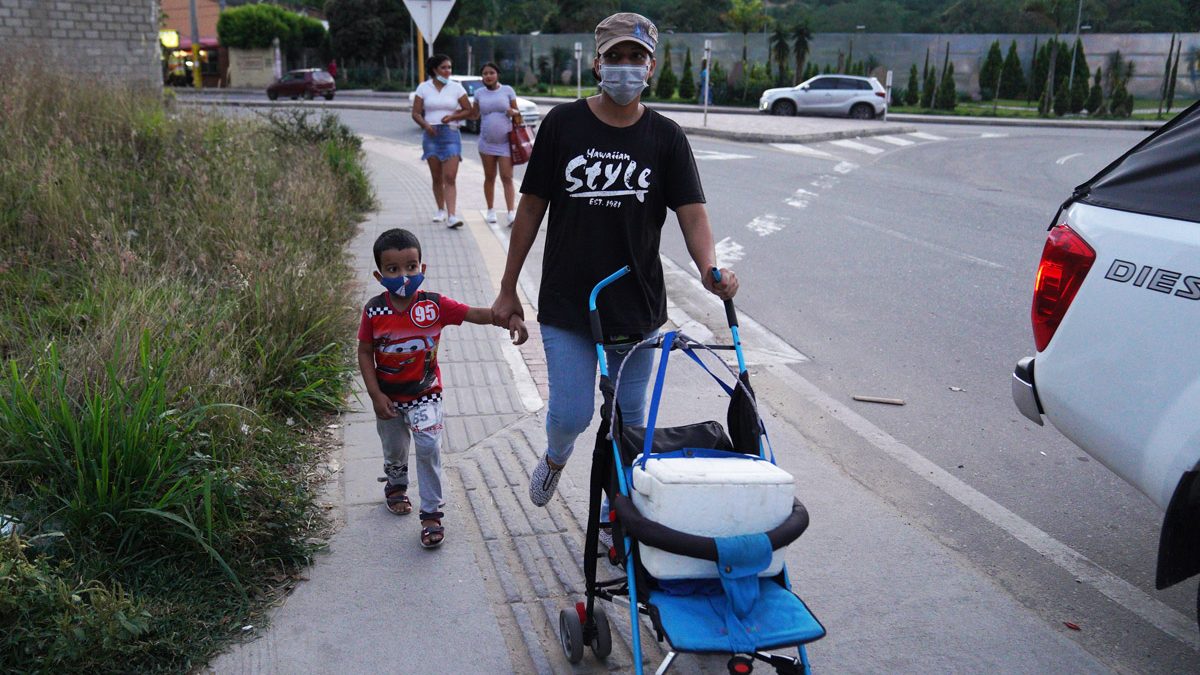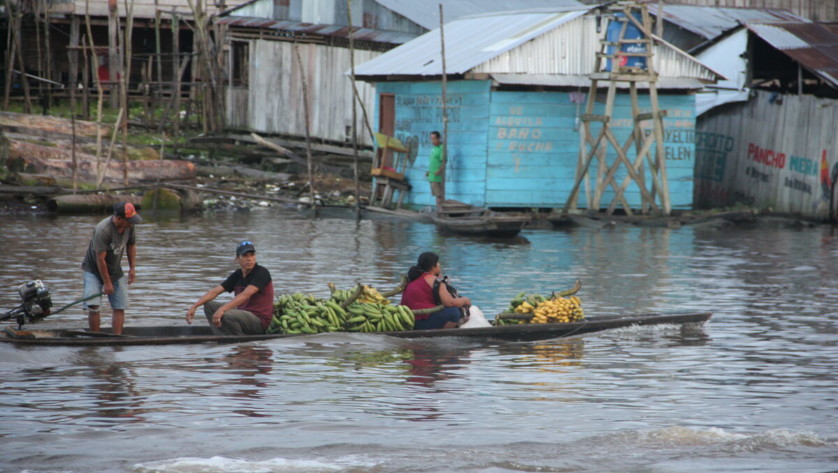Reaching out
Mata says that while she saved up to buy a phone, she also began to use the free psychological consultations offered by CASA. During her one-on-one meetings with the center’s psychologist, she was able to discuss the feelings she was going through and also got tips on how to manage problems like depression and anxiety.
“The psychologist taught me breathing exercises,” to control anxiety Mata said. “She also taught me that when I am feeling bad to focus on what is immediately ahead of me. I try to do more activities with my son now, like going to the park, or watching movies together.”
Mata said that she was also told to read motivational books and keep a journal. Her faith has also helped her cope because it has provided a new a group of friends.
A space to feel
The psychology services at CASA are used by 5 to 7 migrants each day and are less well known than other services, like the free wifi connections or first-aid checkups. But they can be just as important.
“Some of the migrants who come here have been separate from their families,” said Daniela Torres, the lead psychologist at CASA. “Other are struggling to get by and others feel depressed because they have lost their previous way of life.”
“We give them a space to identify their emotions, that they might not have at home. And we help them to manage those feelings.”
Mata says she still has many obstacles to overcome in Colombia, like getting a residence permit, and then, enrolling her son in daycare. But she says that she is learning how to cope with the challenges ahead.
“Being here on my own has shown me that I can be very resourceful,” said Mata. “It has also taught me that no matter what happens to us, we have to keep moving forward. When you fall, you have to lift yourself up again.”
 Red Cross Red Crescent magazine
Red Cross Red Crescent magazine 













 Tech & Innovation
Tech & Innovation Climate Change
Climate Change Volunteers
Volunteers Health
Health